What role does failure play in a personal and professional life?
Failure is friction. It’s an obstacle. If you fail and have a victim mentality, you start blaming somebody else for it, and then it’s not going to help you along the road of life. However, if you look at failure as an opportunity to learn and welcome it in your life, then it’s a friction that’s going to make you a better investor and a better human being. If you think about it, it’s not just successes that shape us; it’s really the failures.
As an investor, it’s a matter of time before you’re going to go through a failure. That is an opportunity that you don’t want to squander. It’s an opportunity where you want to embrace it and learn from it. This is actually very nuanced. When you have six months or a year of painful returns, it’s easy for me to say here right now, “Just embrace it.” It’s not that easy. However, if you could actually practice what you would call positive visualization, in the sense that if you look forward and say, “Right now, it’s painful. Right now, I can’t learn. But I know as this pain subsides a little bit, I can figure out what I can learn from this and how I can do better next time.” If you start thinking ahead of time, then that thinking in itself will reduce the pain.
You realize pain goes through a cycle. It never stays at a very high level forever. It subsides. At the very deepest point of pain, if you start thinking, “Yes, I know intellectually, at some point it’s going to go away,” then it will. This is when you have to embrace it and say, “What can I learn from this?” In my book, “Soul in the Game,” I have a chapter just on that, on pain. I tell you, every Russian composer I looked at, and I’m sure every non-Russian composer as well, went through periods of time when composing music was very difficult, when they composed music and it failed commercially. When Rachmaninoff composed his first symphony, its performance failed so miserably that the critics compared it to the ten plagues of Egypt. That sent Rachmaninoff into deep depression. But then, a year or two later, when he came out of depression, he wrote the most beautiful piano concerto ever written, his second piano concerto. Then he wrote his second symphony, which was an incredible success. I can’t prove otherwise, but most likely his other work would not be as great if he hadn’t gone through this painful experience.
So, the next time you go through a painful time, just pre-visualize that at some point it will get better. If you don’t learn from it, if you don’t get better because of this, you’ve just squandered a painful experience for nothing.
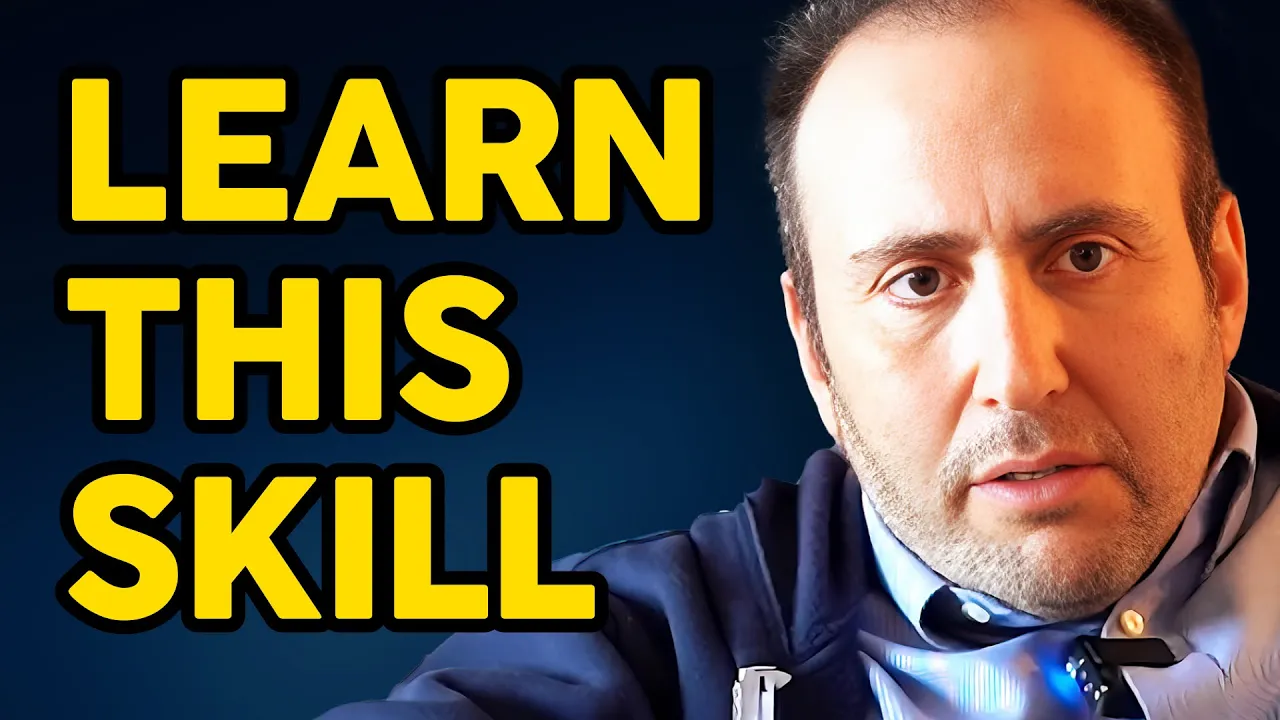
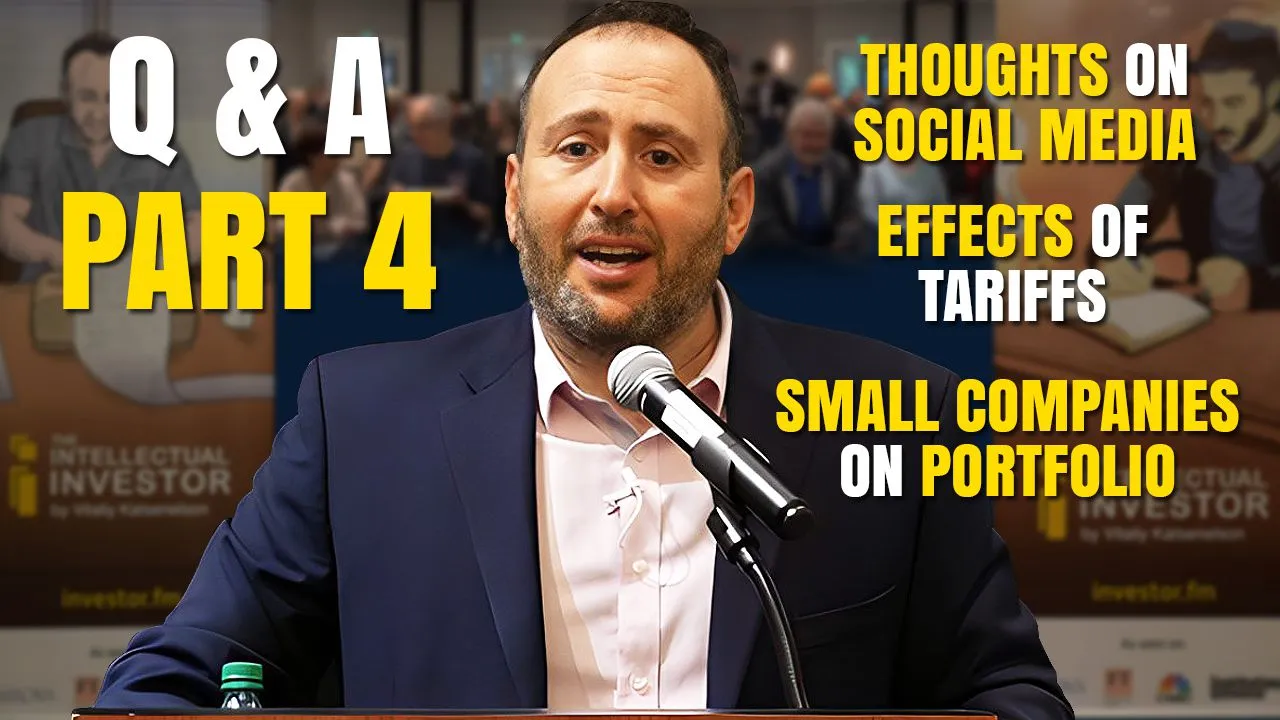
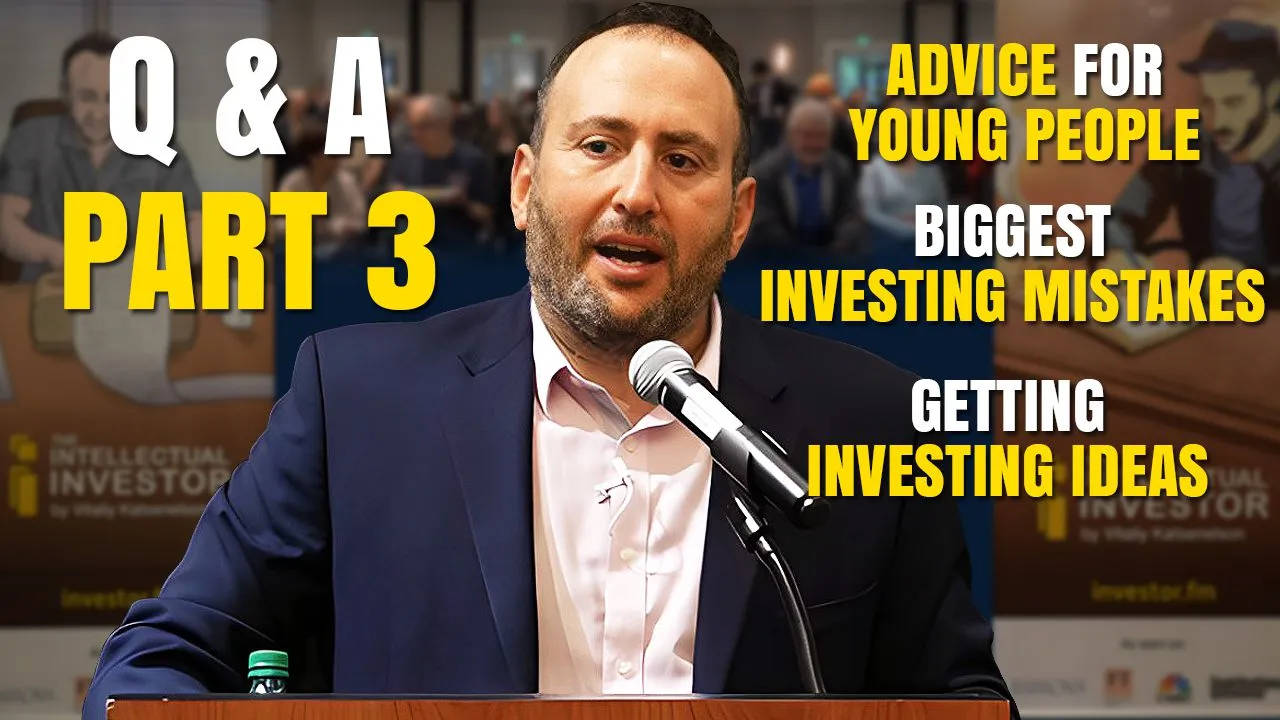
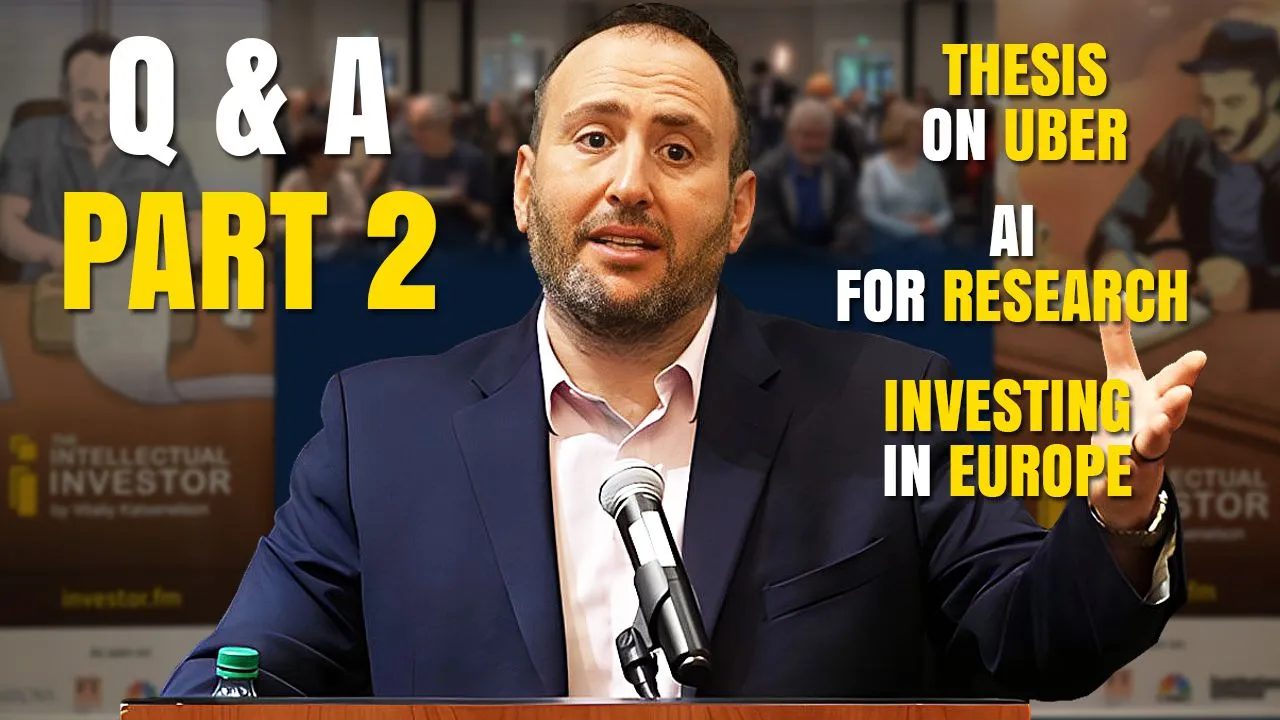
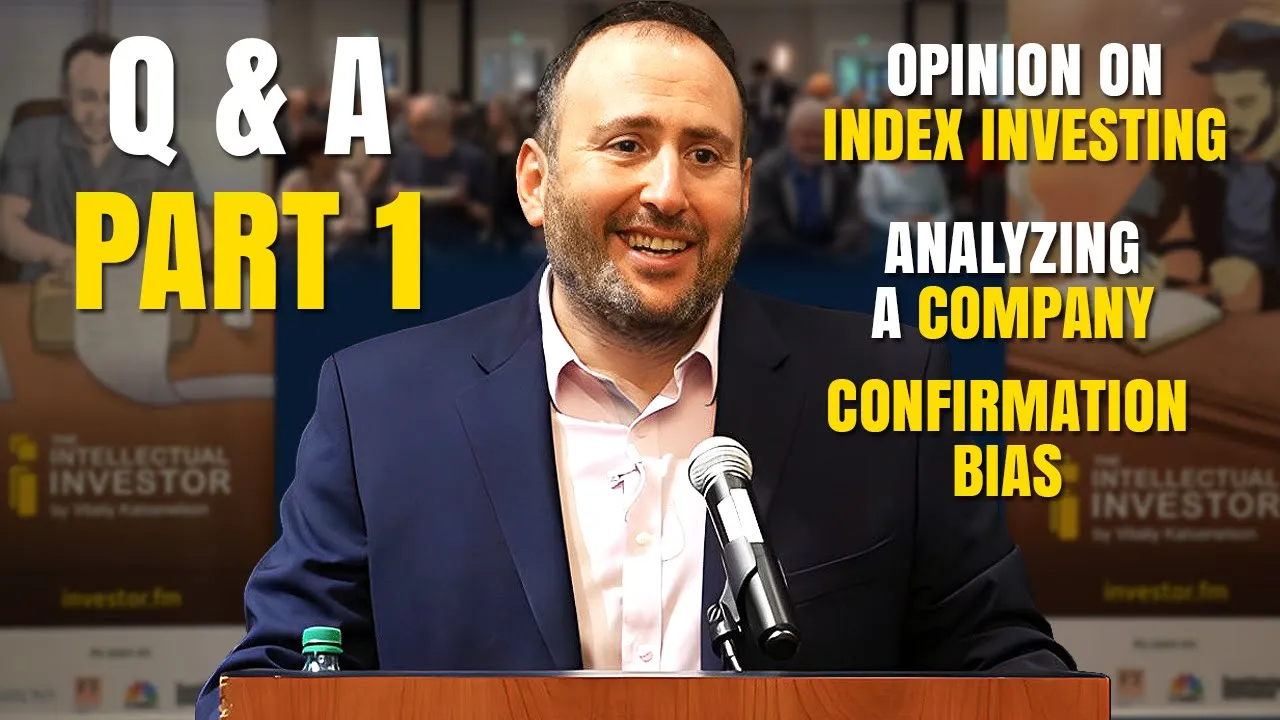




0 comments